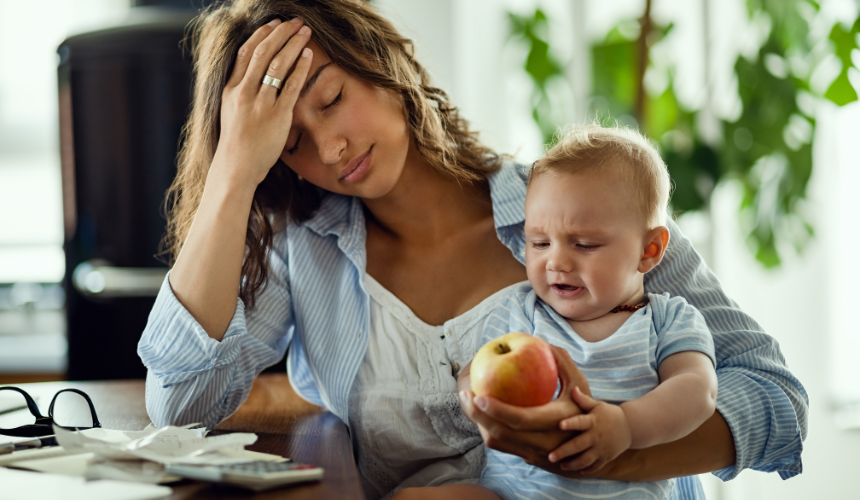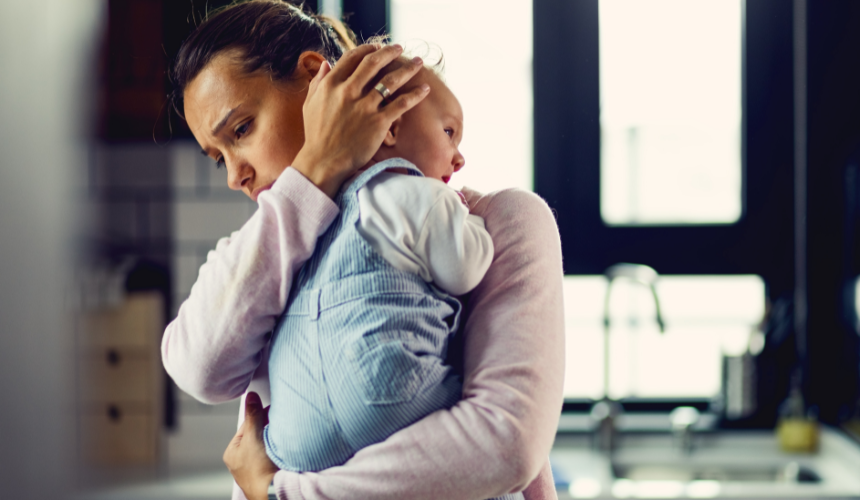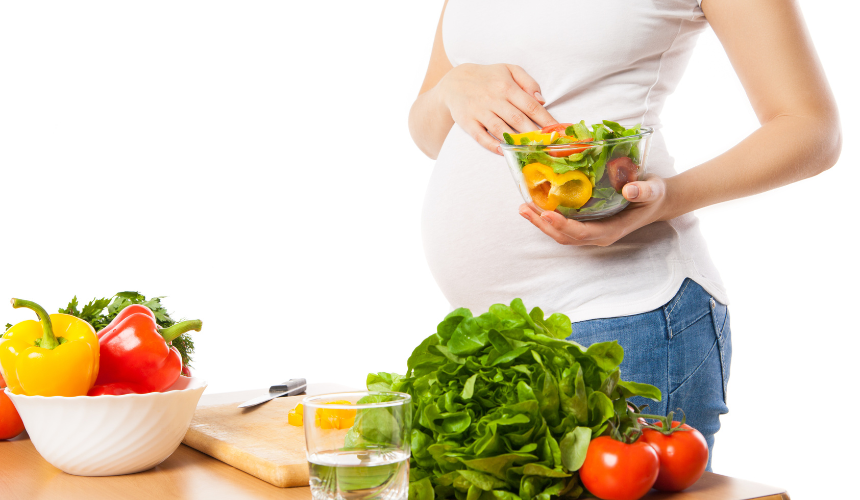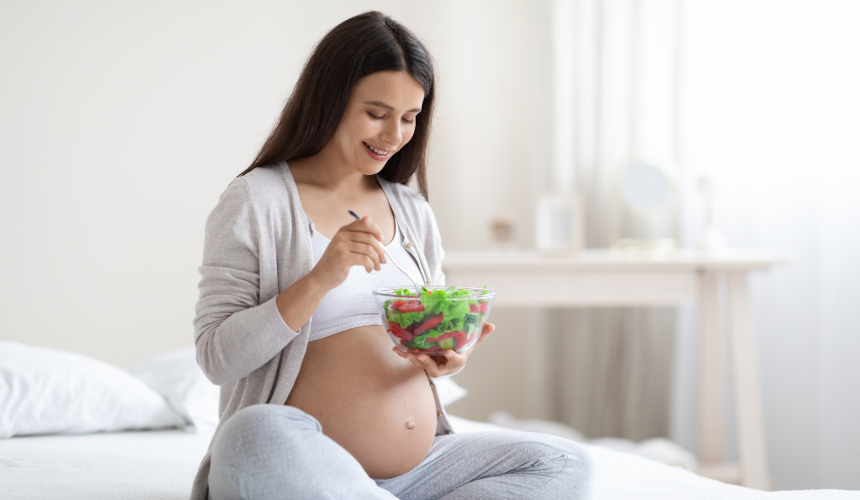Author: Dr. Anuja Thomas MBBS, DGO, DNB (OBGY)
Consultant: Obstetrician & Gynaecologist Motherhood Hospital, Mumbai
What is an Ovarian Cyst?
Ovaries- one each located on both sides of the uterus in women in which the eggs develop and mature. Ovarian cysts are fluid-filled sac-like structures that may form on or in the ovaries. These cysts can form in either one of the ovaries or both ovaries. They are quite common and there are several types of ovarian cysts.
What Causes Ovarian Cysts?
Functional ovarian cysts are the ones associated with the normal functioning of the ovaries. They are not known to cause any complication. Eg-Follicular cysts that form when the follicle does not open to release the egg, Corpus luteum cysts that form when the follicle sac fails to shrink after releasing the egg during the menstrual phase.
There are several other factors that may lead to the formation of these cysts
- Hormonal imbalance can act both as a cause and as a result of multiple or small cysts formation in ovaries eg – Polycystic ovaries, Multicystic ovaries, Hemorrhagic ovarian cyst
- Menstrual lining deposits outside the uterine cavity or in ovaries can result in a condition called Endometriosis. When endometriosis progresses, it may cause the formation of cysts in the ovaries, and also associated with adhesions inside the tummy in prolonged or advanced stage.
- Infections of the genital organs called Pelvic inflammatory diseases also have the chance of spreading to the ovaries and leading to the formation of cysts.
- Abnormalities associated with cell development or multiplication may cause certain types of cysts, such as cystadenomas and dermoid
- Last but not the least, even cancerous changes can occur in the ovaries- reuslting in cysts of Ovarian Cancers
Symptoms of Ovarian Cysts
Often, ovarian cysts go unnoticed, as they may not cause discomfort or any evident symptoms or abnormalities. This is especially the case with smaller cysts, and they may naturally go away within one to four months. Larger cysts may cause certain symptoms, which may include the following:
- A faint ache in the back or pelvic pain
- A bloated feeling in the lower belly, with one side of the belly feeling relatively fuller based on the location of the cyst
- Pronounced pain during periods
- A feeling of pain during intercourse
Since ovarian cyst symptoms may or may not occur, it is best to go for routine pelvic tests to ensure you take proper measures if you are diagnosed with ovarian cysts. The risk of ovarian cysts association with cancer is more in women who have attained menopause. Hence women with ovarian cysts in that age group, usually are advised to go ahead with some special blood marker tests too to categorise better.
Treatment of Ovarian Cysts
Ovarian cyst treatment depends on the type and severity of the cysts. The following treatments may be recommended by a healthcare practitioner:
1.Waiting
Functional cysts may not always require to be treated, as they generally go away on their own within a few months. However, you must go for an ultrasound to keep a check on whether the cyst has gone on its own to ensure the issue has been resolved.
2. Ovarian Cyst Medication
Ovarian cysts may also be treated using hormonal medications, such as birth control pills that stop ovulation, which helps in preventing the formation of future cysts.
3. Ovarian Cyst Surgery
Larger cysts that cause symptoms may require surgical removal, in which case, the healthcare provider may suggest a laparoscopy or laparotomy. Laparoscopy involves making a small incision and inserting a camera to view reproductive organs and spot the cyst followed by the removal of the cyst, known as an ovarian cystectomy. If the cyst is significantly large, a laparotomy may be performed to remove it.
FAQ’s:
- What size of ovarian cyst is dangerous?
The size of the cyst generally indicates that it may require to be removed through surgery. When cysts are over 50 to 60 millimeters, they are considered large enough to be removed via surgery. Further, cancerous cysts that are relatively smaller are still considered potentially dangerous and would require surgical removal. - Can you get pregnant with an ovarian cyst?
Ovarian cysts are generally harmless and do not affect your likelihood to get pregnant. They also commonly form during pregnancy even as your menstruation comes to a pause. However, they should be treated on time to prevent them from growing bigger, as large cysts may twist or rupture, which can cause complications. Therefore, it is extremely crucial to undergo ultrasounds and find the cysts early on. - What does ovarian cyst pain feel like?
The pain caused by ovarian cysts can feel sharp, while others might have persistent dull pain. Oftentimes, the pain lasts for a while and goes away. Further, cysts may also increase the pain you experience during your periods. - Is normal delivery possible with an ovarian cyst?
Normal delivery is possible despite having ovarian cysts, as the presence of cysts does not affect the mode of pregnancy.
In conclusion, ovarian cysts are very common, and they are generally caused by ovulation along with several other aspects that may increase the likelihood of cyst formation. However, they are treatable and may not cause any complications or danger when surgically removed or treated through medication well in time before they rupture. Early detection can help make a judgment if the cyst will go away on its own or would need medication/surgery based on its size and whether it is cancerous or benign.
At Motherhood Hospitals, we have a team of experienced supers specialists backed by the latest infrastructure and facilities. We have the best gynaecologist in Kharghar, Mumbai. We are experts in handling complex deliveries, gynaecological, and other surgeries including a range of laparoscopic surgeries.
Do take an appointment with the best maternity hospital in Kharghar, Mumbai at a centre closest to you. Meet with our doctors who will carry out the required investigations, diagnose the issue and recommend the most appropriate treatment, enabling you to lead an active life.
If you wish to get in touch with Dr. Anuja Thomas, please book your appointment here.


 Toll Free Number
Toll Free Number











